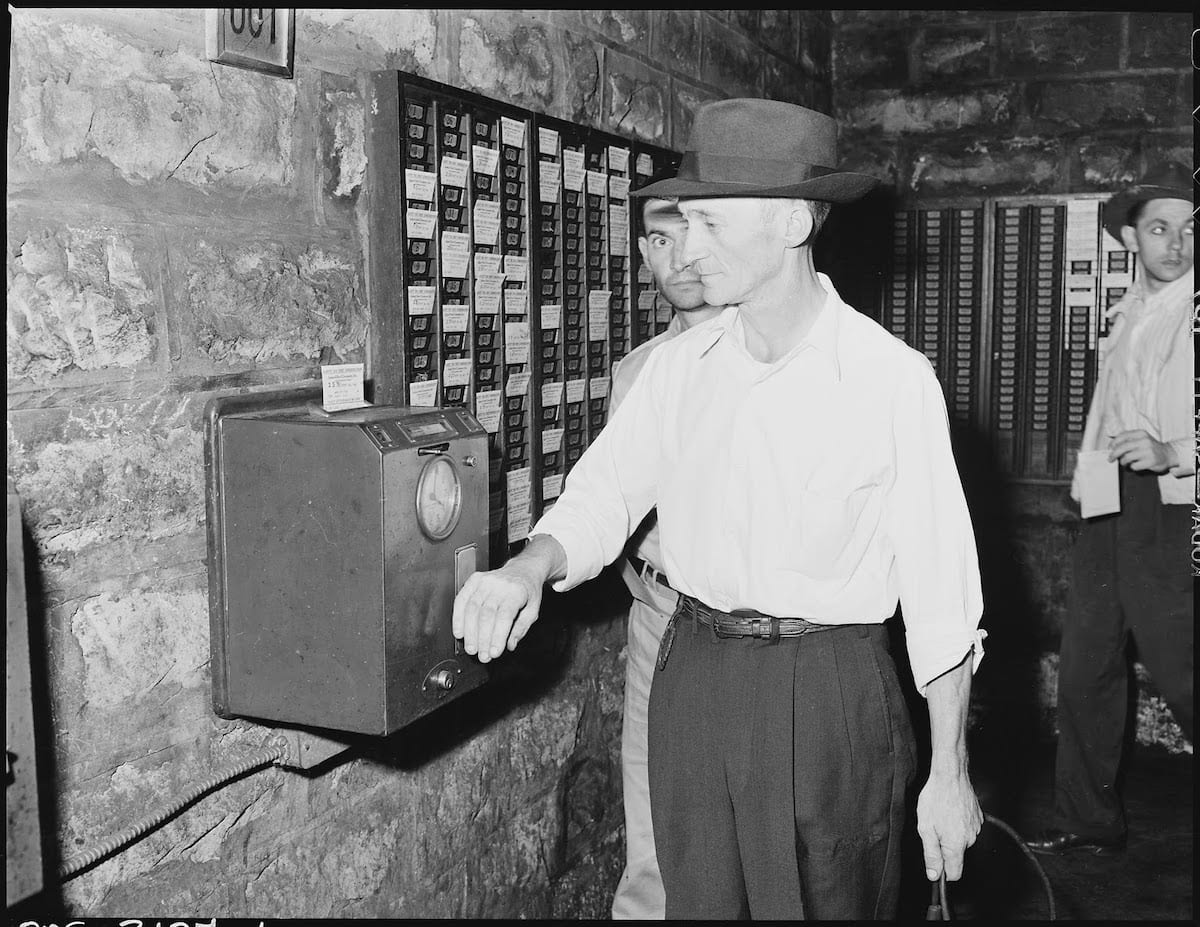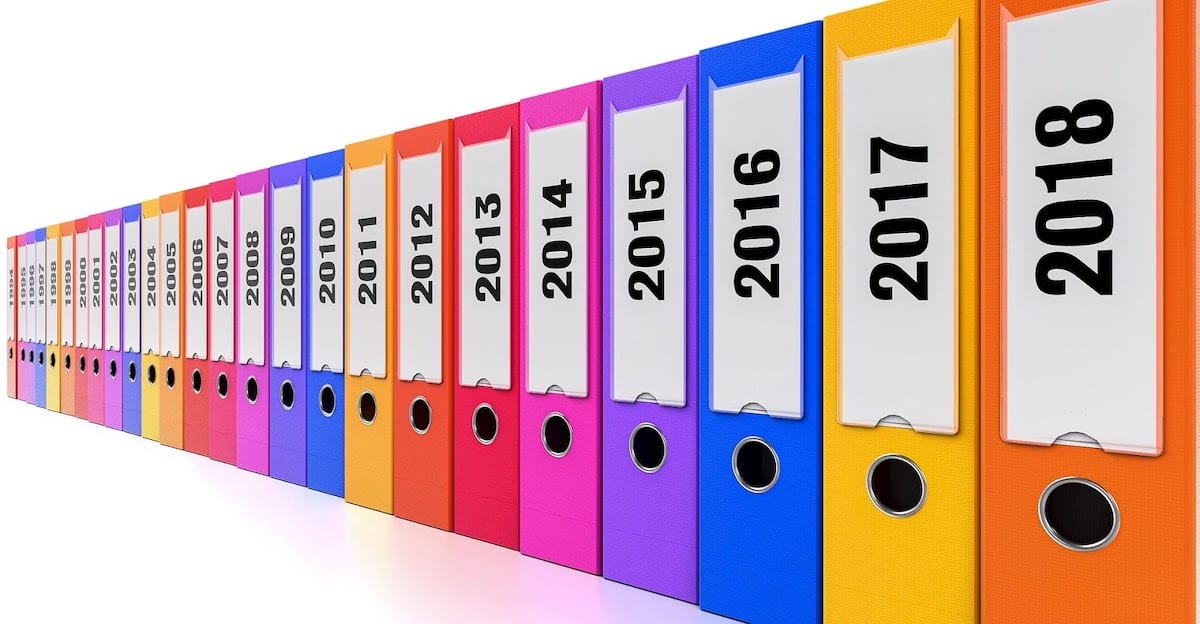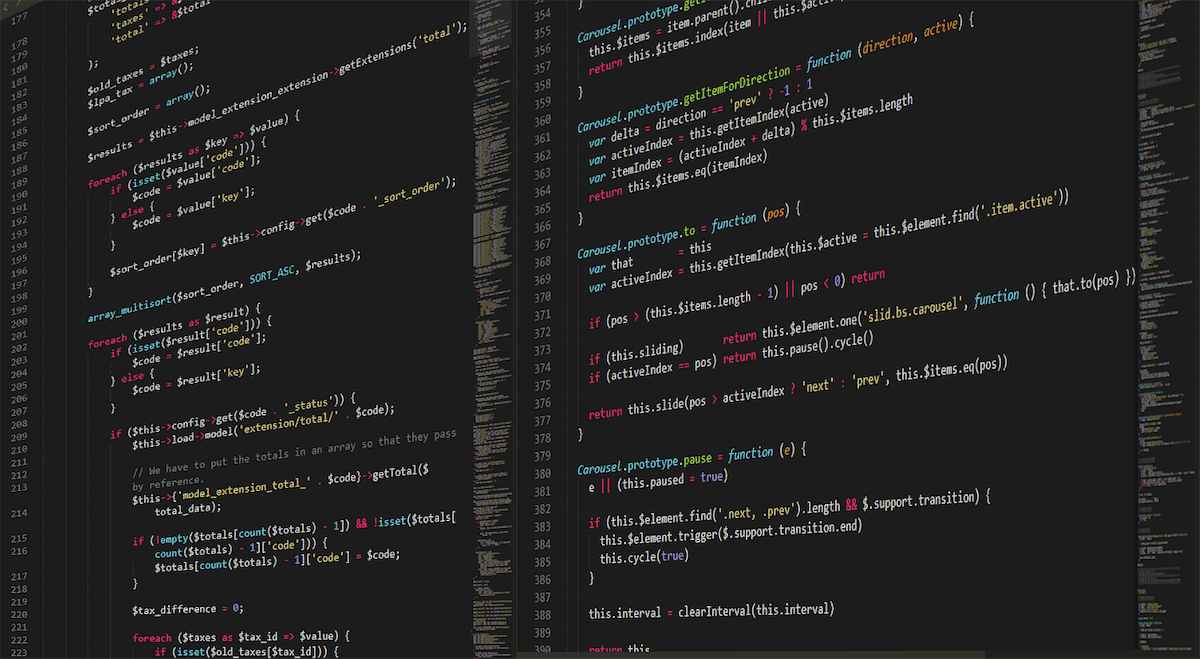You’re probably here because you’re looking for a job as a software developer. Maybe you’re a college grad with a computer science degree, or perhaps you just graduated from a coding bootcamp. Regardless, you’re trying to put together a strong resume for a coding job, and you don’t know where to start. Lucky for you, Career Karma has some tips and tricks to help you build a stunning entry-level software developer resume that will make you stand out from the crowd. In this article, we’ll cover the essentials for your resume, along with some tips on how to get hired as a software developer if you don’t yet have any work experience.
Cover Letter

A convincing cover letter is essential to a well-rounded software developer resume. While opinions on this matter vary, it’s generally a good idea to sell yourself in your cover letter. For most people, this is the most challenging part of creating their resume. It’s essential to find a balance during this step, as you don’t want to sound like a salesperson, but you still need to present your experiences in a positive light.
Instead of writing the typical ‘here’s my list of credentials’ cover letter, try this approach. First, briefly introduce yourself and talk about why you’re a good fit for the job. Next, focus on how your experience and skills can benefit the company you’re applying for. Don’t use a copy-paste cover letter, as employers can spot that from a mile away. It’s important to talk about yourself and why your skills are valuable—just don’t lie, and make sure you emphasize how you’ll be an asset to the company in question. Finally, be sure to use the company name in your letter and, of course, check your spelling and grammar.
Work Experience

When formulating the resume itself, it’s essential to list the most relevant work experience you have for the software development position you are pursuing. Since you’re applying for an entry-level job, it’s understandable if you don’t have any computer-related work history to mention. Instead, use this part of your resume to highlight your other positive qualities. If you worked for a company for an extended time, mention it to emphasize your reliability. Some people may not have extensive work experience at one company, so instead list the most technical or complicated positions you’ve held to demonstrate your attention to detail. Most of all, it’s essential to be honest during this process, or you run the risk of creating a bad reputation before you even start.
Education

Next to your cover letter, education is one of your most valuable assets if you have minimal work experience in software development. College graduates should list their school, date of graduation, and degree, along with any other relevant school information. It’s important not to oversaturate this field, so don’t list your high school extracurriculars unless they’re closely related to the job you’re applying for. For coding bootcamp graduates, be sure to include the name of your school and information about the program. You don’t need a college degree to become a software developer, but any further high-level education can help.
Portfolio

Coding bootcamp graduates tend to excel in this area, and it can set you apart from the crowd in significant ways. Software development employers generally appreciate a strong portfolio, and it can mean the difference between hiring you or someone else when the time comes for them to make a decision. If you’ve completed coding projects, tests, or built anything interesting, be sure to include it in your portfolio. This is your chance to demonstrate your practical skills, which mean a lot in the tech industry. These days, it’s common for tech employers to care only about your work experience, and this is your chance to show you can do the job.
Get Ahead with a Coding Bootcamp

Software development is an extremely lucrative industry, and there’s plenty of incentive to break in. For college graduates and self-taught programmers, there is a great way to sharpen your coding skills and shine up your resume. Coding bootcamps focus on the skills you need for the job, and they can set you up for a successful 21st-century career. These intensive and fast-paced courses take between three months and a year to complete, and they cost a fraction of a four-year college degree. If you want to learn more about coding schools, be sure to click the link below.
About us: Career Karma is a platform designed to help job seekers find, research, and connect with job training programs to advance their careers. Learn about the CK publication.



